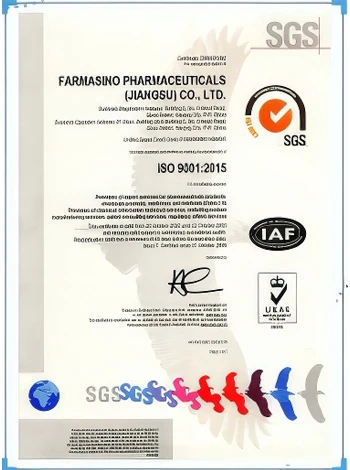



fertilizer agrochemicals
The Role of Fertilizers and Agrochemicals in Modern Agriculture
Agriculture has been transformed over the years by the advent of fertilizers and agrochemicals, playing a crucial role in enhancing food production and ensuring global food security. As the world’s population continues to grow, the demand for food escalates, necessitating agricultural practices that yield higher outputs. Fertilizers and agrochemicals have emerged as indispensable tools for farmers striving to meet these demands.
Understanding Fertilizers
Fertilizers are substances that provide essential nutrients to crops, improving their growth, yield, and overall health. They can be broadly categorized into two types organic and inorganic. Organic fertilizers, derived from natural sources such as manure, compost, and crop residues, not only enrich the soil but also improve its structure and microbial activity. In contrast, inorganic fertilizers are synthesized through chemical processes and are designed to deliver specific nutrients quickly to plants.
The primary nutrients that fertilizers supply include nitrogen (N), phosphorus (P), and potassium (K), often referred to as NPK. Nitrogen supports vegetative growth and leaf development; phosphorus is crucial for root development and flowering; and potassium enhances overall plant health and disease resistance. The precise application of these nutrients can significantly increase crop yields, allowing farmers to produce more food on the same amount of land.
The Importance of Agrochemicals
While fertilizers provide plants with essential nutrients, agrochemicals, including pesticides and herbicides, protect crops from pests, diseases, and weeds. Pesticides play a vital role in safeguarding crops from harmful organisms, which can drastically reduce yield and quality. Similarly, herbicides help control unwanted vegetation that competes with crops for resources such as light, water, and nutrients.
fertilizer agrochemicals

The integration of agrochemicals into farming practices has revolutionized agriculture. By effectively managing pests and diseases, farmers can reduce crop loss and minimize the risk of food shortages. Moreover, modern agrochemical formulations are designed to be more effective and environmentally friendly than their predecessors, ensuring that they kill pests without harming beneficial insects or the surrounding ecosystem.
Environmental Considerations
Despite their benefits, the use of fertilizers and agrochemicals is not without controversy. Over-reliance on chemical inputs can lead to environmental degradation, including soil and water pollution, loss of biodiversity, and the development of resistant pest strains. The misapplication of fertilizers can result in nutrient runoff into water bodies, causing eutrophication—a process that depletes oxygen in water and harms aquatic life.
To mitigate these issues, sustainable agricultural practices are increasingly being promoted. Techniques such as precision agriculture allow farmers to apply fertilizers and agrochemicals more efficiently, targeting specific areas in need of intervention while minimizing excess application. Integrated Pest Management (IPM) combines biological, cultural, and chemical controls to manage pest populations sustainably, thereby reducing reliance on synthetic agrochemicals.
Future Directions in Agriculture
Looking ahead, the challenge will be to balance the need for high agricultural productivity with environmental sustainability. Innovations in biotechnology, such as the development of genetically modified organisms (GMOs) that are engineered for pest resistance or better nutrient uptake, can play a crucial role in this endeavor. Additionally, the use of biopesticides and biofertilizers is gaining traction as environmentally friendly alternatives to traditional chemicals.
In conclusion, fertilizers and agrochemicals are integral to modern agriculture, enabling farmers to produce the food required to sustain a growing global population. However, their use must be approached with care, emphasizing sustainable practices that preserve the environment while maximizing crop yields. The future of agriculture lies in innovation, where science and sustainability work hand in hand to ensure food security for generations to come. By embracing such practices, it is possible to cultivate a thriving agricultural system that meets both present and future needs.
-
Why Sodium Persulfate Is Everywhere NowNewsJul.07,2025
-
Why Polyacrylamide Is in High DemandNewsJul.07,2025
-
Understanding Paint Chemicals and Their ApplicationsNewsJul.07,2025
-
Smart Use Of Mining ChemicalsNewsJul.07,2025
-
Practical Uses of Potassium MonopersulfateNewsJul.07,2025
-
Agrochemicals In Real FarmingNewsJul.07,2025
-
Sodium Chlorite Hot UsesNewsJul.01,2025










